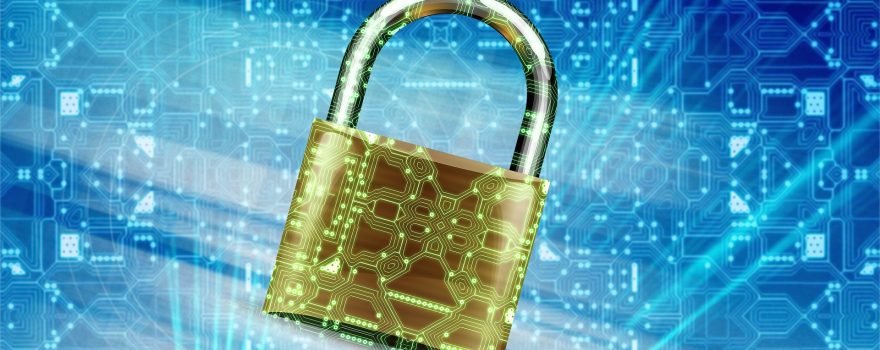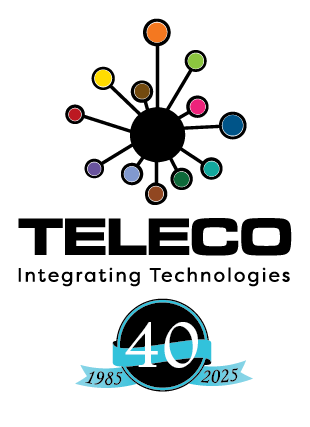
It’s Data Privacy Week January 24th to January 27th and the perfect time to stop and reflect on how you protect your organizations data. This is especially appropriate if you are gathering sensitive personal information from your customers, partners, and employees. The solution is not one-size fits all but rather a tailored solution to fit your business. There’s lots to consider when it comes to protecting your data. If you’re a small business, there are some simple things you can do to protect yourself from hackers and other cybercriminals.
Here’s a quick rundown of what you should be thinking about:
Password Management
A Password Manager is an essential tool for small businesses. It guarantees secure, unique strong passwords and provides a secure method to share passwords. It also simplifies onboarding new employees and offboarding employees. It also provides you with the ability to access all of your accounts securely from any device and store additional information securely (credit card, medical info, private info etc.)
Use a VPN
A Virtual Private Network (VPN) is a program that creates a secure connection between your computer and other devices. It does this by creating a virtual tunnel to the Internet, thereby making all communications between the various systems in the company appear as though they are coming from inside your office. A VPN allows you to securely connect to remote computers, mobile devices, and networks while providing encryption that can protect against identity theft or data breaches. It will also hide or mask your IP address which could be used by hackers as a way of tracking you down.
Enable Multi-Factor Authentication (MFA)
MFA is an additional security measure placed on top of your standard login procedures meant to validate your identity. It provides an extra layer of security outside of your basic username and password so that even if those credentials are exposed your information stays safe behind separated access controls. MFA is most used on websites that handle sensitive information such as financial institutions, email accounts, and social media platforms. It can be difficult to implement MFA into your daily routine but it’s worth the extra time if you want to keep your data safe from malicious actors.
Back-Up your Data
No matter what steps you take, there will always be a risk that your data may be compromised. Preventative measures are not always 100%. Cyberattacks are always evolving. Other factors like natural disasters and insider threats are possibilities. Back-up your data regularly. Use at least two different types of backups and keep them in separate locations. We like the 3-2-1 Backup rule which means having at least three copies of your data, two local (on-site) but on different media and at least one copy off-site.
Data Privacy Week helps spread awareness about online privacy and protecting digital data. It’s important to protect the personal information of individuals, but it’s equally important that businesses do their part to safeguard data. If you have questions or need help with your business data privacy and protection, contact us. We are here to help.
